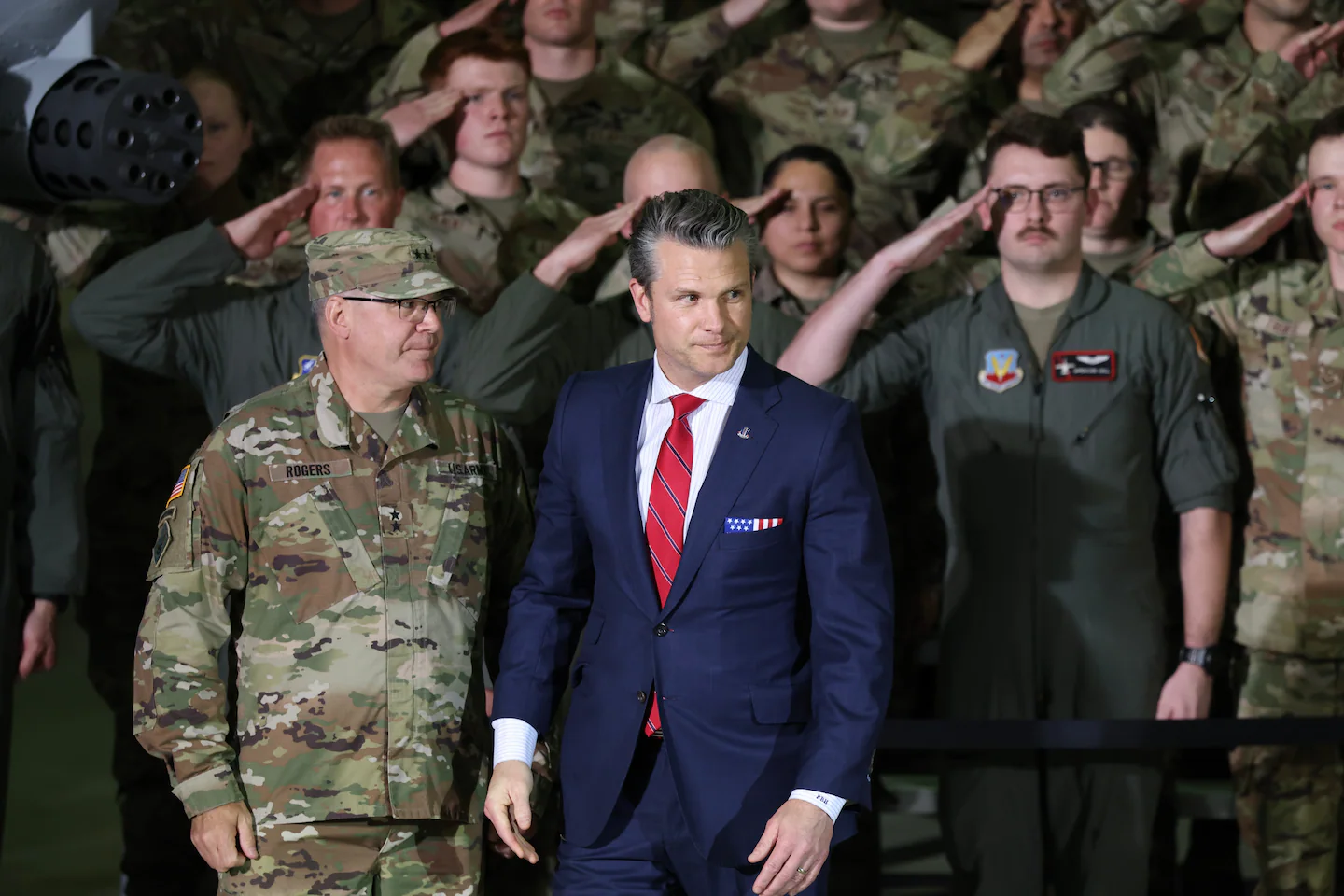U.S. Secretary of War Pete Hegseth has issued a sweeping, abrupt directive ordering nearly 800 generals and admirals—officers ranked O-7 through O-10 in command roles and their senior enlisted advisers—to convene next week at Marine Corps Base Quantico, Virginia, in what military observers say is an almost unprecedented gathering. The order, circulated earlier this week with no public explanation, applies across commands around the globe—even pulling in those stationed in conflict zones—a move that has touched off confusion and alarm in defense circles.
Pentagon spokesman Sean Parnell confirmed that Hegseth “will be addressing his senior military leaders early next week,” but declined to offer further detail about the meeting’s agenda or purpose. Several defense officials said they had never heard of a U.S. defense secretary assembling such a vast array of top commanders in this fashion. Some expressed unease at the security risks, logistical burden, and the suddenness of the call. “People are very concerned. They have no idea what it means,” one source said anonymously.
Critics question the wisdom of pulling senior officers out of critical theaters of operation without clarity on the objective. One U.S. official asked: “Are we taking every general and flag officer out of the Pacific right now?” Others noted that the Pentagon already has highly secure videoconferencing systems that allow top leaders to communicate globally without gathering in person, making the large scale travel order especially unusual.
The move comes against a backdrop of recent turbulence inside the Pentagon, including mass dismissals of senior military leaders and Hegseth’s push to eliminate 20 percent of general and admiral billets as part of a broader restructuring. Some analysts speculate the meeting may set the stage for a new national defense strategy shift—possibly emphasizing homeland defense or sweeping changes to command structures. Others warn that without transparency, the gathering risks exacerbating mistrust between military leadership and civilian oversight, and raising concerns over politicization of the armed forces.





